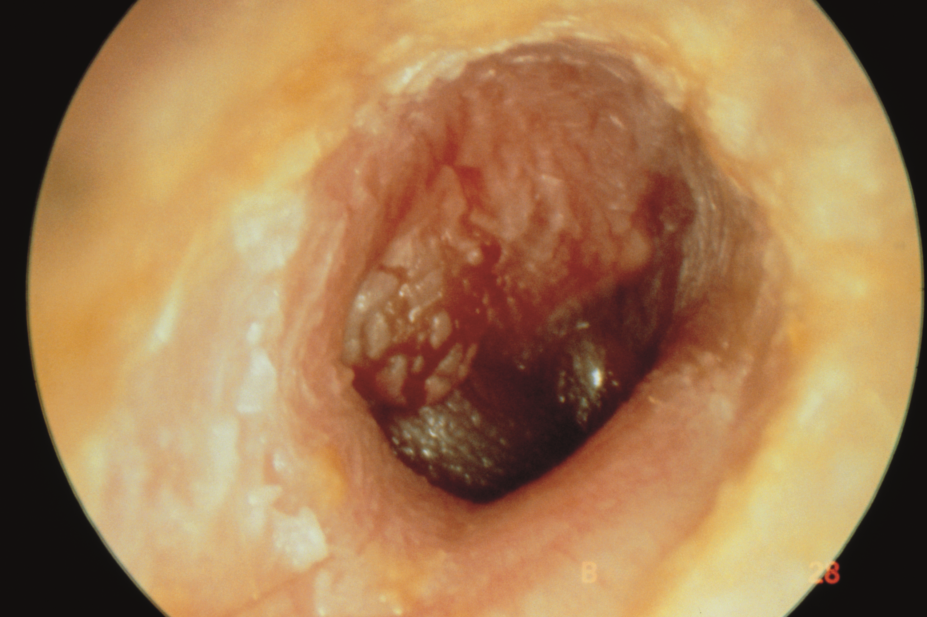
Science Photo Library
A potential strategy to reduce antimicrobial resistance associated with acute otitis media treatment is to shorten antibiotic treatment duration, but it is unclear what effect this has on outcomes.
In a study in The New England Journal of Medicine
[1]
(online, 22 December 2016), researchers randomly assigned 520 children aged 6 to 23 months with acute otitis media to receive amoxicillin-clavulanate for the standard 10 days, or for 5 days followed by 5 days placebo.
They found that the rate of clinical failure was 34% in children who received the reduced duration treatment compared with 16% for the standard duration treatment. Meanwhile, rates of recurrence of acute otitis media, adverse events and detection of penicillin-resistant pathogens were similar between the two groups.
The team say that not only did their results fail to show non-inferiority of reduced-duration treatment, as per the study protocol, but demonstrated superiority of the standard-duration treatment.
References
[1] Hoberman A, Paradise JL, Rockette HE et al. Shortened antimicrobial treatment for acute otitis media in young children. NEJM 2016;375:2446-2456. doi: 10.1056/NEJMoa1606043
You may also be interested in

EMA may ask manufacturers to increase production capacity in response to medicines shortages

Meeting May 2024 Pharmacy First payment thresholds is ‘an area of risk’, warns Community Pharmacy England
